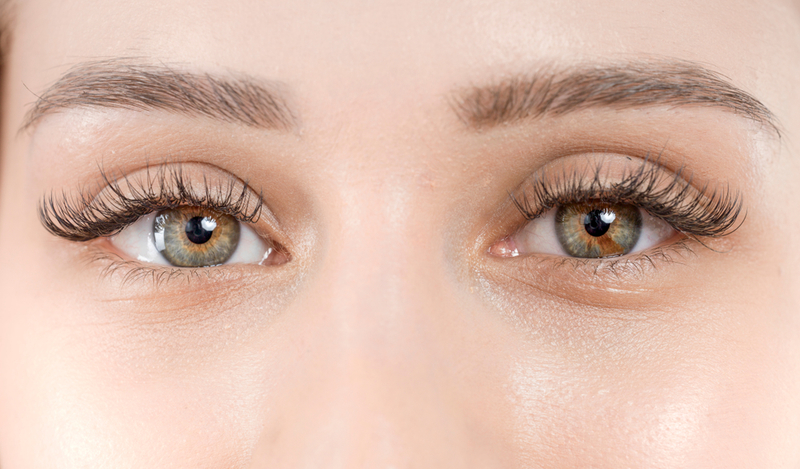Researchers identify 9 genes behind eyebrow colours
IANS Mar 19, 2019
An international research team has for the first time identified nine genes responsible for eyebrow colours.

Eyebrow colour is one of the most recognisable visual traits of the human body. It has a strong correlation with hair colour, but scientists believe in the existence of overlapping and unique genetic components for both traits. Previous studies on human eyes, hair, and skin colour have identified multiple gene variants, but no findings for eyebrow colour have been reported as of yet.
For the new study, researchers from China, the Netherlands, Australia, Britain and the US analysed samples of 6,513 European individuals, and graded colours into four categories: red, blond, brown and black, Xinhua reported. They found that eight genes, previously known pigmentation genes, could affect both eyebrow and hair colour, such as gene variant MC1R, responsible for both blond eyebrows and red hair.
In addition, C10orf11 is the newly-identified gene that only affects eyebrow colours. With these findings, researchers developed an eyebrow colour prediction model and are ready to improve it by studying the different age distributions. Such a DNA-based eyebrow colour prediction model would improve the human phenotype research and be useful in future forensic applications, said lead author Liu Fan, researcher at the Beijing Institute of Genomics of the Chinese Academy of Sciences.
"Based on the new discoveries, we can more accurately infer individual hair, eyes, skin, eyebrow colour and other phenotypic information just from a DNA sample," Fan said in the paper published in the Journal of Investigative Dermatology.
Eyebrow colour is controlled by genes that affect production of pigment. Melanin, for example, is a protective pigment that can block the ultraviolet radiation. Melanin-related gene abnormalities can lead to many diseases, such as albinism, and increase the risk of skin cancer. Therefore, an in-depth understanding of the pigmentation genes will help improve the treatment of these diseases, the researchers noted.
-
Exclusive Write-ups & Webinars by KOLs
-
Daily Quiz by specialty
-
Paid Market Research Surveys
-
Case discussions, News & Journals' summaries